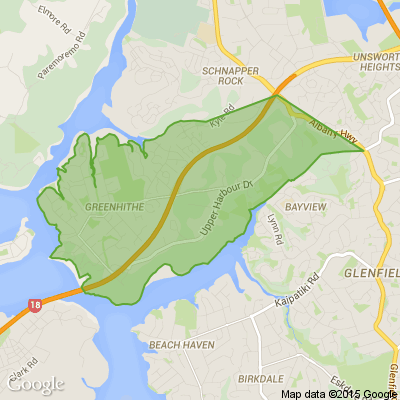Time to act before the Spring rush
Just a reminder that Spring is underway as far as the plants are concerned, and weed vines and shrubs are putting out new shoots, sneaking around garden shrubs, drinking up the lovely water and increasing sun, and finding new ground to conquer.
Big weed invasions yield the most material for paths, mulch and compost, and the first big weeding produces a massive amount of plant material to be either sent to landfill or used to benefit the soil and plants by decomposition onsite.
Once the ground dries, sun comes out, and rain is infrequent, decomposition by rotting slows down or stops altogether.
We don't encourage storing big piles of dry woody or papery material during the fire season, so if you have a lot of woody weeds to be dealt to....that is, vines, shrubs or trees...work needs to start very soon if you want the plant material composted onsite and returned to your soil to help the remaining plants grow well and remain weed free.
After we have done weed control and mulched where needed, the Spring rush of weeds doesn't occur for most species, and not at all if we have had time to eradicate the weed before the warm weather.
Instead, the wanted plants grow luxuriously in the moisture and sunlight of Spring, filling the space and reducing weed reinvasion.
Since we only started our business last Christmas, we don't yet have photos of our clients' gardens in Spring after our weed control.
Below is a photo of an area of public Reserve in January this year, hand weeded of major environmental weeds, then gradually of benign leafy weeds. This area is part of a forest margin, in which dense vegetation is key to keeping the area weed-free, so native regeneration has been allowed to fill the space entirely.

Have you got New Zealand's best shed? Show us and win!
Once again, Resene and NZ Gardener are on the hunt for New Zealand’s best shed! Send in the photos and the stories behind your man caves, she sheds, clever upcycled spaces, potty potting sheds and colourful chicken coops. The Resene Shed of the Year 2026 winner receives $1000 Resene ColorShop voucher, a $908 large Vegepod Starter Pack and a one-year subscription to NZ Gardener. To enter, tell us in writing (no more than 500 words) why your garden shed is New Zealand’s best, and send up to five high-quality photos by email to mailbox@nzgardener.co.nz. Entries close February 23, 2026.

Share your favourite main crop potato recipe and win a copy of our mag!
Love potatoes? We will give away free copies of the May 2026 issue to readers whose potato recipes are used in our magazine. To be in the running, make sure you email your family's favourite way to enjoy potatoes: mailbox@nzgardener.co.nz, by March 1, 2026.

Poll: 🤖 What skills do you think give a CV the ultimate edge in a robot-filled workplace?
The Reserve Bank has shared some pretty blunt advice: there’s no such thing as a “safe” job anymore 🛟😑
Robots are stepping into repetitive roles in factories, plants and warehouses. AI is taking care of the admin tasks that once filled many mid-level office jobs.
We want to know: As the world evolves, what skills do you think give a CV the ultimate edge in a robot-filled workplace?
Want to read more? The Press has you covered!

-
52.7% Human-centred experience and communication
-
14.8% Critical thinking
-
29.8% Resilience and adaptability
-
2.7% Other - I will share below!






 Loading…
Loading…








